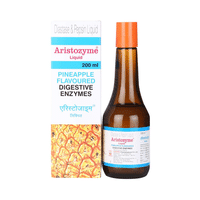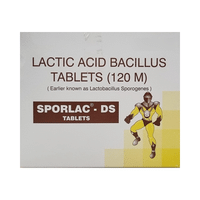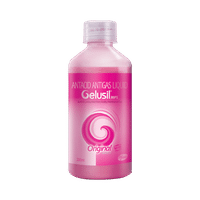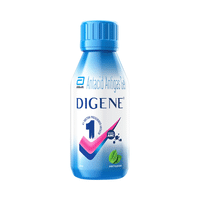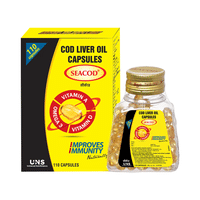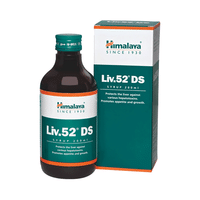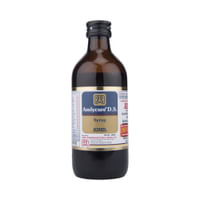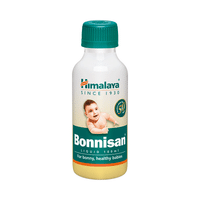Rs.48.90for 1 vial(s) (10 ml Injection each)
Pantium इंजेक्शन के लिए भोजन प्रभाव
Pantium इंजेक्शन के लिए शराब प्रभाव
Pantium इंजेक्शन के लिए गर्भावस्था प्रभाव
Pantium इंजेक्शन के लिए स्तनपान प्रभाव
भोजन
शराब
गर्भावस्था
स्तनपान
No interaction found/established
Pantium IV Injection के साथ शराब पीना सुरक्षित नहीं होता है।
UNSAFE
गर्भावस्था के दौरान Pantium IV Injection का इस्तेमाल करना संभवतः सुरक्षित है।
जानवरों पर किए गए अध्ययनों से पता चला है कि इसका गर्भ में पल रहे शिशु पर कोई बुरा असर नहीं पड़ता है। हालांकि, इस विषय पर सीमित मानव अध्ययन किए गए हैं। कृपया अपने डॉक्टर की सलाह लें।
जानवरों पर किए गए अध्ययनों से पता चला है कि इसका गर्भ में पल रहे शिशु पर कोई बुरा असर नहीं पड़ता है। हालांकि, इस विषय पर सीमित मानव अध्ययन किए गए हैं। कृपया अपने डॉक्टर की सलाह लें।
SAFE IF PRESCRIBED
Pantium IV Injection को स्तनपान के दौरान सावधानी के साथ इस्तेमाल करना चाहिए। जब तक मां का इलाज पूरा नहीं हो जाता है और यह दवा उनके शरीर से खत्म नहीं हो जाती है तब तक स्तनपान नहीं कराना चाहिए।
CAUTION
Pantium 40mg इंजेक्शन की लवण सम्बन्धी जानकारी
Pantoprazole(40mg)
Pantium इंजेक्शन का उपयोग
Pantium इंजेक्शन कैसे काम करता है
Pantium IV Injection पेट में अम्ल के उत्पादन को कम करता है।
Pantium इंजेक्शन के सामान्य दुष्प्रभाव
उबकाई , सिर दर्द, पेट फूलना, दस्त, पेट में दर्द , उल्टी
Pantium इंजेक्शन का विकल्प
1595 विकल्प
1595 विकल्प
Sorted By
 Rs. 56.50save 15% more per ml of Injection
Rs. 56.50save 15% more per ml of Injection Rs. 56.50pay 755% more per Injection
Rs. 56.50pay 755% more per Injection Rs. 56.50pay 738% more per Injection
Rs. 56.50pay 738% more per Injection Rs. 56.50pay 1025% more per Injection
Rs. 56.50pay 1025% more per Injection Rs. 56.40save 15% more per ml of Injection
Rs. 56.40save 15% more per ml of Injection
Pantium 40mg इंजेक्शन के लिए अक्सर पूछे जाने वाले सवाल
Pantoprazole
Q. What is Pantium IV Injection used for?
Pantium IV Injection is used for the treatment of peptic ulcer disease, reflux esophagitis or gastroesophageal reflux disease (GERD). Pantium IV Injection prevents acidity associated with use of painkillers. It is also used to treat a disease associated with excessive acid production in the stomach known as Zollinger Ellison syndrome (ZES). It works by reducing the amount of acid made by your stomach and thus relieves your symptoms.
Q. Can I take antacids along with Pantium IV Injection?
Yes, you can take antacids along with Pantium IV Injection. Take it 2 hours before or after you take Pantium IV Injection.
Q. How long does it take for Pantium IV Injection to work?
You should start to feel better within 2 to 3 days. It may take up to 4 weeks for Pantium IV Injection to work properly so you may still have some symptoms during this time.













